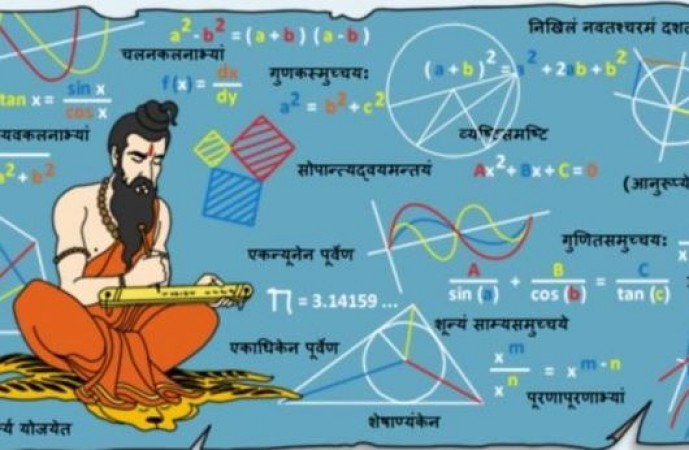
Indian mathematics and astronomy have a rich and fascinating history that dates back thousands of years. The ancient Indians made significant contributions to the field of mathematics, including the concept of zero, the decimal system, and the development of algebra and trigonometry. Moreover, Indian astronomers made remarkable discoveries that advanced our understanding of the cosmos. In this article, we will delve into the incredible achievements of Indian mathematicians and astronomers, shedding light on their profound impact on the world of science.
The Concept of Zero
The concept of zero is one of the most fundamental ideas in mathematics, and it is a significant contribution of ancient Indian mathematicians. The Indian mathematician Aryabhata is often credited with introducing the concept of zero as a placeholder and a numerical digit around the 5th century CE. This revolutionary idea laid the foundation for the development of arithmetic and algebra as we know them today.
The Decimal System
The decimal system, which employs the use of place value and the number zero, is another remarkable contribution of ancient Indian mathematicians. The decimal system allows us to represent numbers using a combination of digits, with each digit's position indicating its value. This system greatly simplified calculations and made arithmetic operations more efficient. It was adopted by numerous cultures around the world and eventually became the standard numerical notation.
Algebra and Its Development
The development of algebra in ancient India was highly significant. The mathematician Brahmagupta, who lived in the 7th century CE, made notable contributions to algebraic equations, quadratic equations, and solutions for indeterminate equations. His work laid the groundwork for future advancements in algebra, and his treatises on the subject influenced mathematicians across different civilizations.
Trigonometry: From Ancient India to the Modern World
Trigonometry, the study of triangles and their properties, also finds its roots in ancient India. The mathematician Aryabhata introduced trigonometric concepts in his work, which included the calculation of sines and versines. Later, the renowned mathematician and astronomer Bhaskara developed further trigonometric identities and formulas. Their work in trigonometry played a crucial role in astronomy and navigation.
The Contributions of Indian Astronomers
Indian astronomers made remarkable discoveries that significantly advanced the field of astronomy. The astronomer-mathematician Brahmagupta, mentioned earlier for his work in algebra, made noteworthy contributions to astronomy as well. He accurately calculated the length of the solar year, explained eclipses, and described the motions of celestial bodies. Additionally, the astronomer Aryabhata accurately calculated the value of π and proposed a heliocentric model of the solar system.
Conclusion
The ancient Indians left an indelible mark on the world of mathematics and astronomy. Their contributions, such as the concept of zero, the decimal system, algebra, and trigonometry, revolutionized these fields and influenced the development of science and technology. The remarkable achievements of Indian mathematicians and astronomers continue to inspire and shape our understanding of the universe.
Indian Army performs yoga in Rajasthan on 9th International Yoga Day
PM Modi Joins Global Community at UN Headquarters
Demonetization in India and Introduction of Rs.100 coin by PM Narendra Modi